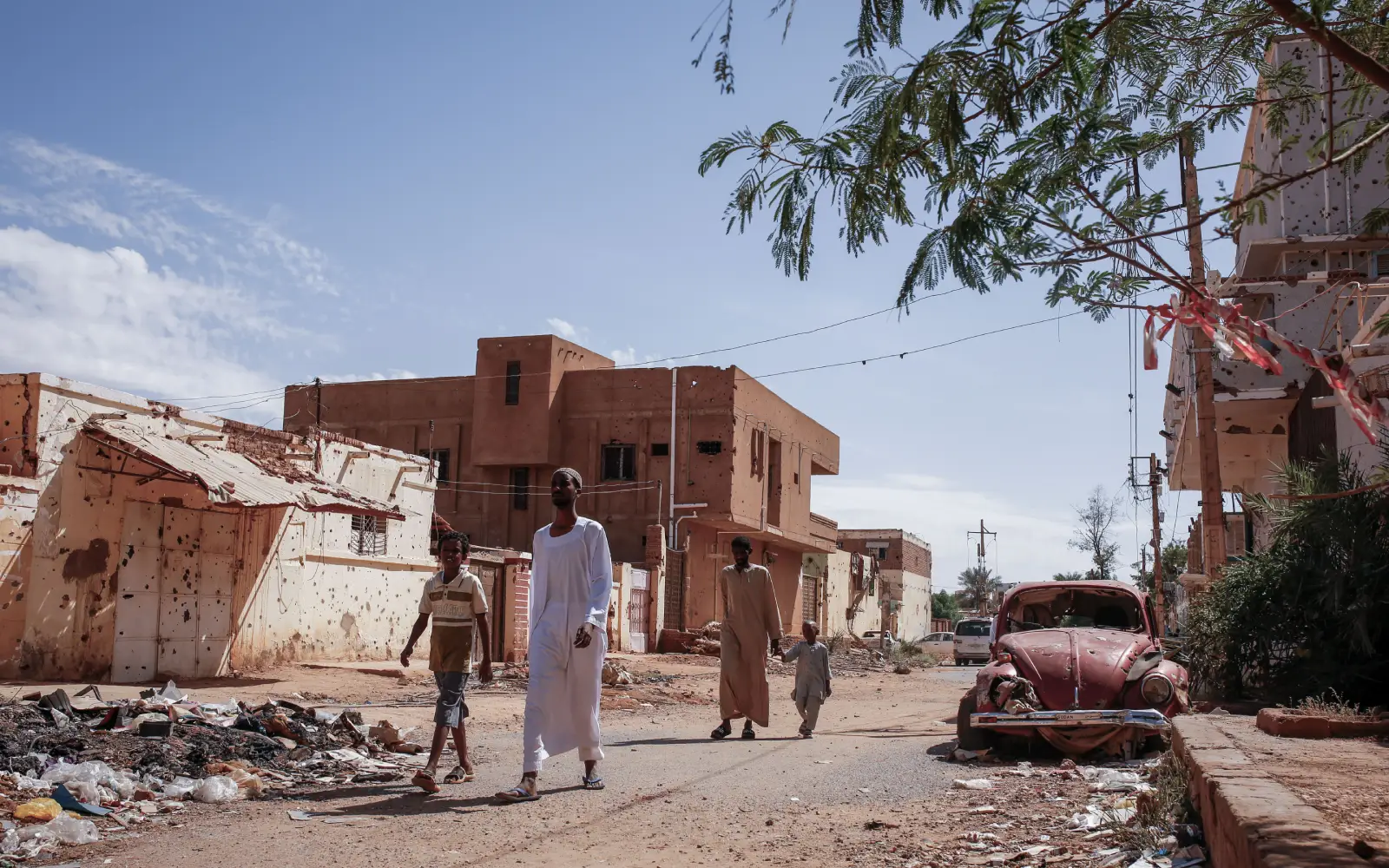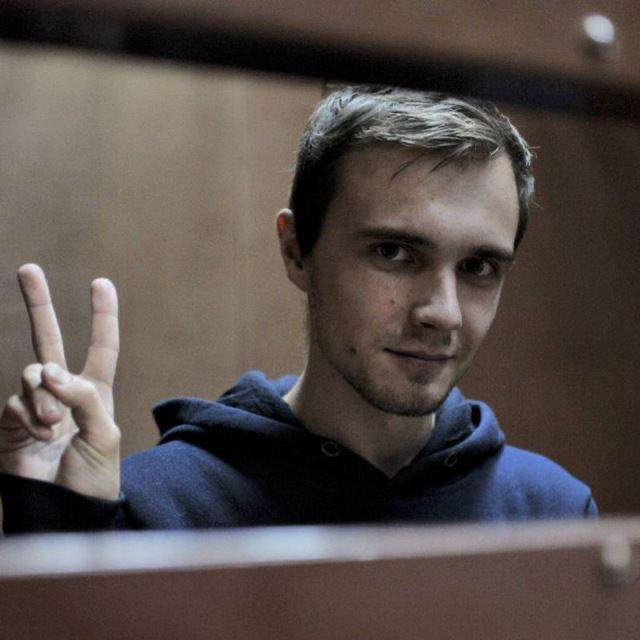Demonstration against racism and discrimination in Amsterdam (https://www.flickr.com/photos/bobtompics/33529564285/)
In recent years, the Netherlands has witnessed a worrying increase in polarisation, especially around issues of immigration, national identity and Islam. This phenomenon, fuelled by populist rhetoric and a growing sense of "us versus them", poses a significant challenge to the fabric of Dutch society. The phrase "we want to give our country back to the hardworking Dutchman", as uttered by Prime Minister Mark Rutte in 2010, sums up a sentiment that resonates with many voters, but also underscores a deeper social divide.
The political landscape in the Netherlands has changed dramatically, with parties such as the Party for Freedom (PVV) capitalising on a fear of immigration and cultural change. This shift has not only reinforced anti-immigration sentiments, but has also led to a broader questioning of tolerance and diversity. The narrative that 'outsiders' are to blame for societal problems has gained traction, creating an environment where dialogue is replaced by hostility.
At the heart of this polarisation is the complex interplay between globalisation and national identity. As the world becomes increasingly interconnected, many people struggle with the rapid changes in their communities. Economic growth has not translated into personal development for everyone, leading to feelings of insecurity and resentment. This discontent is often exploited by populist leaders. They promise to restore a sense of order and belonging by scapegoating marginalised groups.
Moreover, the media's portrayal of immigrants, especially Muslims, has contributed to a distorted public image. Stereotypes of aggressive young men and linking crime to Islam have fuelled fear and reinforced divisions. This narrative not only undermines the contributions of immigrants but also perpetuates a cycle of misunderstanding and hostility.
To address these challenges, it is crucial to foster dialogue and understanding between different groups. Nussbaum (2012) emphasises the need for sound principles regarding human equality and a curious, sympathetic imagination to overcome fears rooted in ignorance. Engaging in constructive conversations about our shared humanity can help bridge the gap between "us" and "them".
Educational initiatives that promote cultural exchange and understanding are essential in this respect. By encouraging interactions between different communities, we can dispel stereotypes and build empathy. Religious institutions and community leaders have an important role to play in facilitating these dialogues, by creating places where people can share their experiences and perspectives without fear of judgement.
Ultimately, the question of whether anti-Islam sentiment in the Netherlands is justified is complex and multifaceted. While concerns about integration and worries about security are justified, they should be addressed through a lens of compassion and understanding rather than fear and division. The future of Dutch society depends on our ability to recognise our common ground and work towards a more inclusive and harmonious community.
The challenges posed by polarisation in the Netherlands thus require a concerted effort to promote dialogue, understanding and empathy. By transcending simplistic narratives and engaging with each other as fellow human beings, we can create a society that truly reflects the values of tolerance and diversity to which we aspire. The Netherlands can be a place for all hardworking residents, regardless of their background, when we choose to embrace our shared humanity.
Read Willemijn's entire work on this topic via this link (in English).




